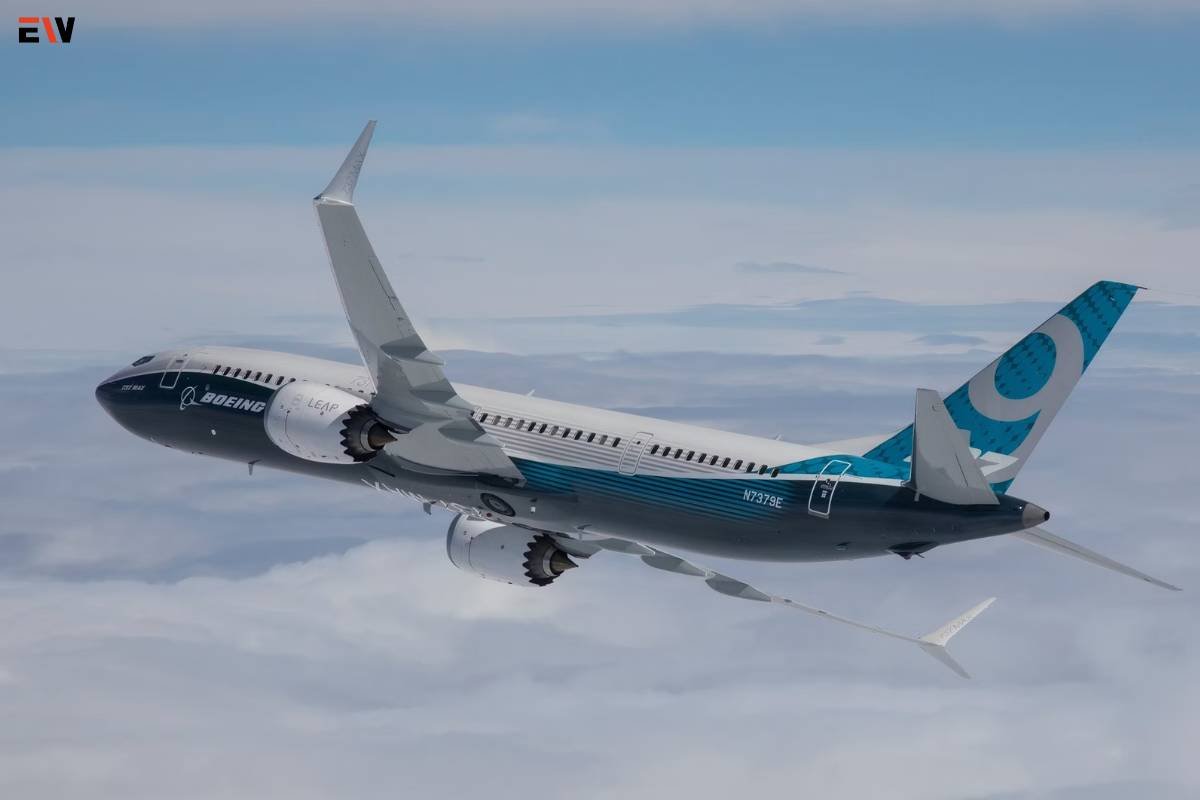Source – Simple Flying
The Federal Aviation Administration (FAA) has signaled that Boeing’s plans to ramp up production of its 737 Max aircraft might face a lengthy delay before receiving regulatory approval. This announcement, made by the head of the FAA, comes in the wake of safety concerns and a recent incident involving an Alaska Airlines-operated 737 Max 9 aircraft.
Safety Concerns Prompt FAA Caution
In January, the FAA intervened to halt Boeing’s proposed production increase following a troubling incident. During a flight, a door plug detached from a new 737 Max 9 aircraft operated by Alaska Airlines. Subsequent investigations revealed that critical bolts securing the panel were missing, raising serious questions about manufacturing standards and safety protocols. The FAA’s decision underscores its unwavering commitment to safety and stringent oversight in the aviation industry.
Federal Aviation Administration Stresses Quality Improvement
Boeing CEO Dave Calhoun and other high-ranking company executives met with FAA Administrator Mike Whitaker and agency officials to present a comprehensive quality improvement plan. However, Whitaker emphasized that any approval for production increases would only come after the FAA is fully convinced of Boeing’s efforts to address safety concerns. He stressed the necessity of thorough oversight and hinted at a potentially prolonged process ahead, aligning with Boeing’s ongoing efforts to recover from past setbacks and tragedies.
Boeing’s Path to Improvement
Boeing’s strategy for improvement encompasses various measures, including substantial investments in workforce training, enhancing the safety culture within the organization, and eliminating manufacturing defects. The company has already taken steps to reduce production rates of the 737 Max to address existing flaws and heightened scrutiny. These adjustments have caused delays for airline customers such as United and Southwest, who have had to revise their growth plans accordingly. Despite facing increased costs and cash flow challenges, Boeing remains steadfast in its commitment to long-term improvement, implementing factory stand-downs and emphasizing the importance of continuous feedback and improvement.
Confidence Amid Challenges
Stephanie Pope, CEO of Boeing’s commercial airplane unit, expressed confidence in the improvement plan, reiterating the company’s dedication to delivering safe and high-quality aircraft under the close supervision of the Federal Aviation Administration. Despite the challenges ahead, Boeing remains focused on upholding its responsibility to the flying public and maintaining the highest standards of manufacturing excellence.
The Federal Aviation Administration’s cautious approach underscores the gravity of safety concerns within the aviation industry and emphasizes the need for thorough scrutiny of Boeing’s production processes. As Boeing navigates this period of introspection and improvement, the aviation community will be closely monitoring developments, prioritizing safety above all else.










